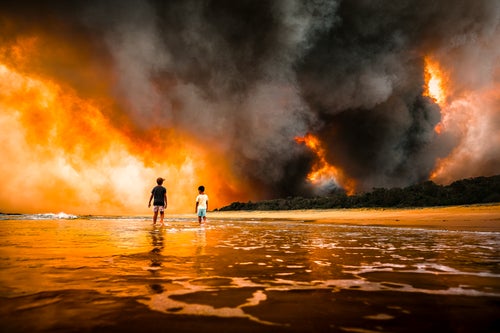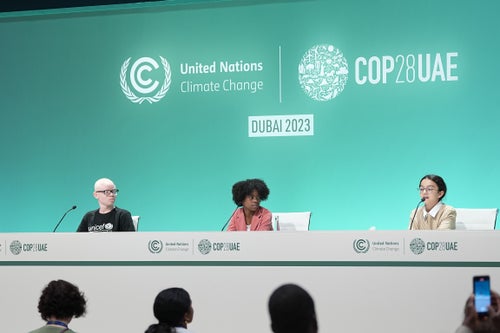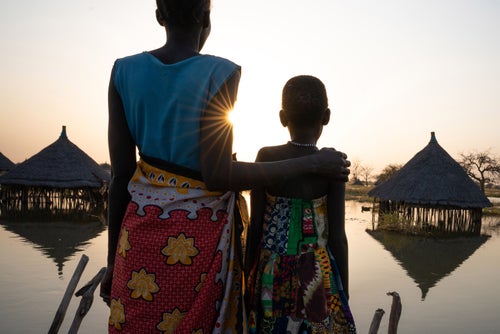As his friends start counting down from three, Liveti sizes up his approach. He's barefoot but doesn't seem to notice the crushed corals and the rough, densely packed sand he's standing on. When his friends say ‘one’, Liveti pushes off and races toward the end of the sand, towards the large staircase of sandbags. When he reaches the edge, he leaps.
The jump is routine for Liveti. He's done it hundreds of times before, and this time, he jumps far enough to break the turquoise water surface and land with a soft splash in the water. Liveti is a 12-year-old boy from Tuvalu, who, like many of his peers, enjoys watching the sunset and swimming in the ocean. Surrounded by coconut palms, the scene resembles something from a tropical dream.
In many ways, Liveti is like most kids his age. He goes to school, spends his free time with his friends, and he wants to be a policeman when he grows up. But what’s different is that he is from Tuvalu. And he might be part of the last generation to experience life in his homeland.
A country without a future
Right now, 1 billion children worldwide are extremely vulnerable to the effects of the climate crisis. About 5,000 of them live in Tuvalu – an archipelago about halfway between Australia and Hawaii. It's the fourth smallest country in the world, but it's also a country with its own culture, identity, and a unique way of life.
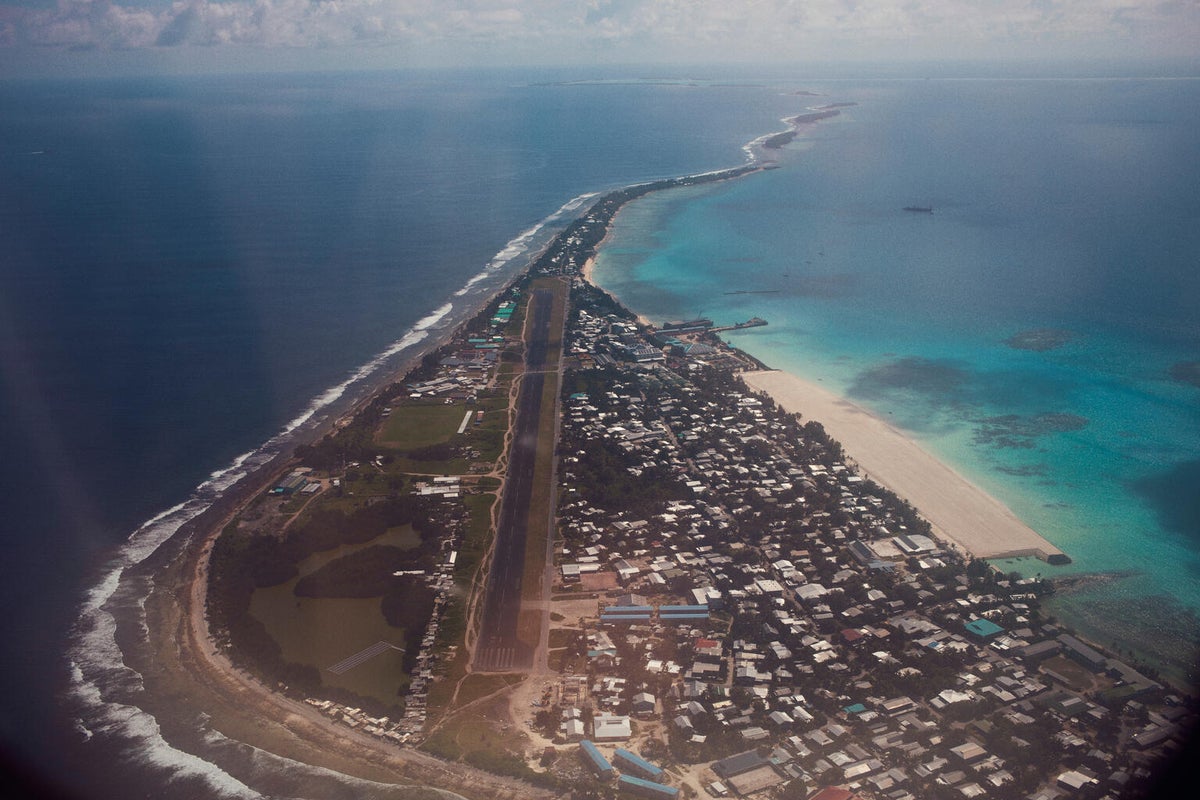
Sadly, Tuvalu is likely to be the first country in the world to become uninhabitable due to climate change. And it's happening fast. Scientists predict that 95% of the country will be underwater at high tide by the year 2100.
Climate change is causing sea levels to rise, and that's a critical problem for a country like Tuvalu, where the average elevation above sea level is only two metres. Flooding is not a new problem, but they have become more frequent and severe in recent years.
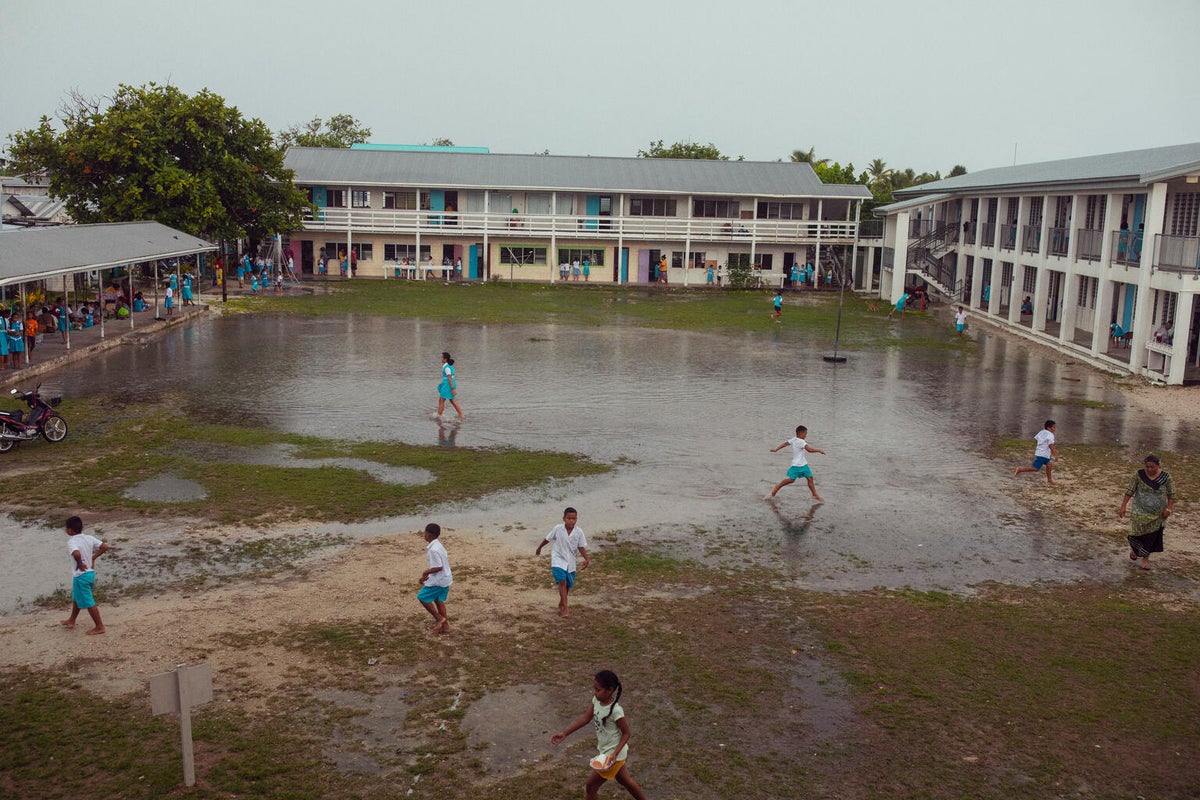
The constant influx of saltwater is contaminating the country’s farmland and groundwater, leaving the island dependent on rainwater and vulnerable to droughts, water shortages and disease outbreaks.
Meanwhile, strong tides are washing chunks of land away. The sand is slowly being swallowed up by the sea. Today, there are hardly any sandy beaches left in the small archipelago.
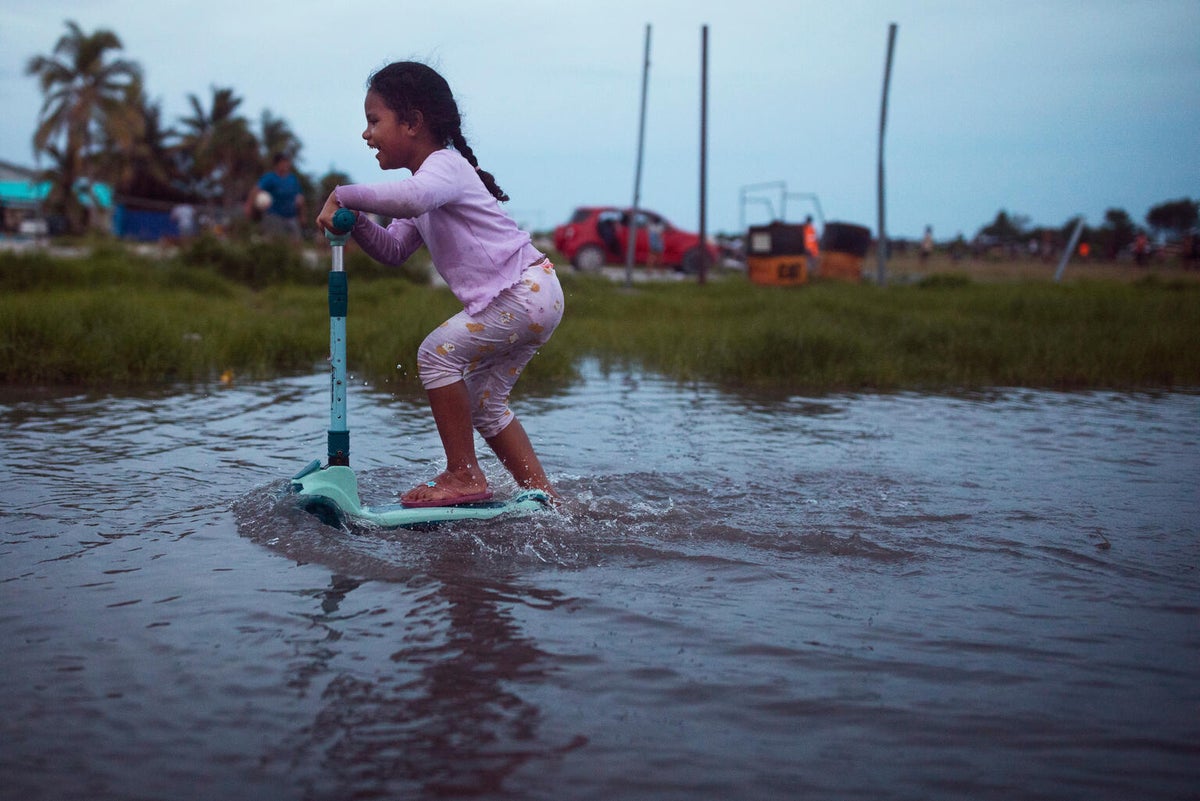
A battle against time
Nowhere in Tuvalu is the battle against climate change more evident than at the sandbags, where Liveti and the other children take turns jumping into the water. It’s an area Tuvaluans have built to reclaim some of the country's lost landmass; they call it ‘The Reclaimed Land’. The area measures 780 metres long and 100 metres wide, and all around the sides, the landmass is wrapped in large sandbags to protect the land against erosion.
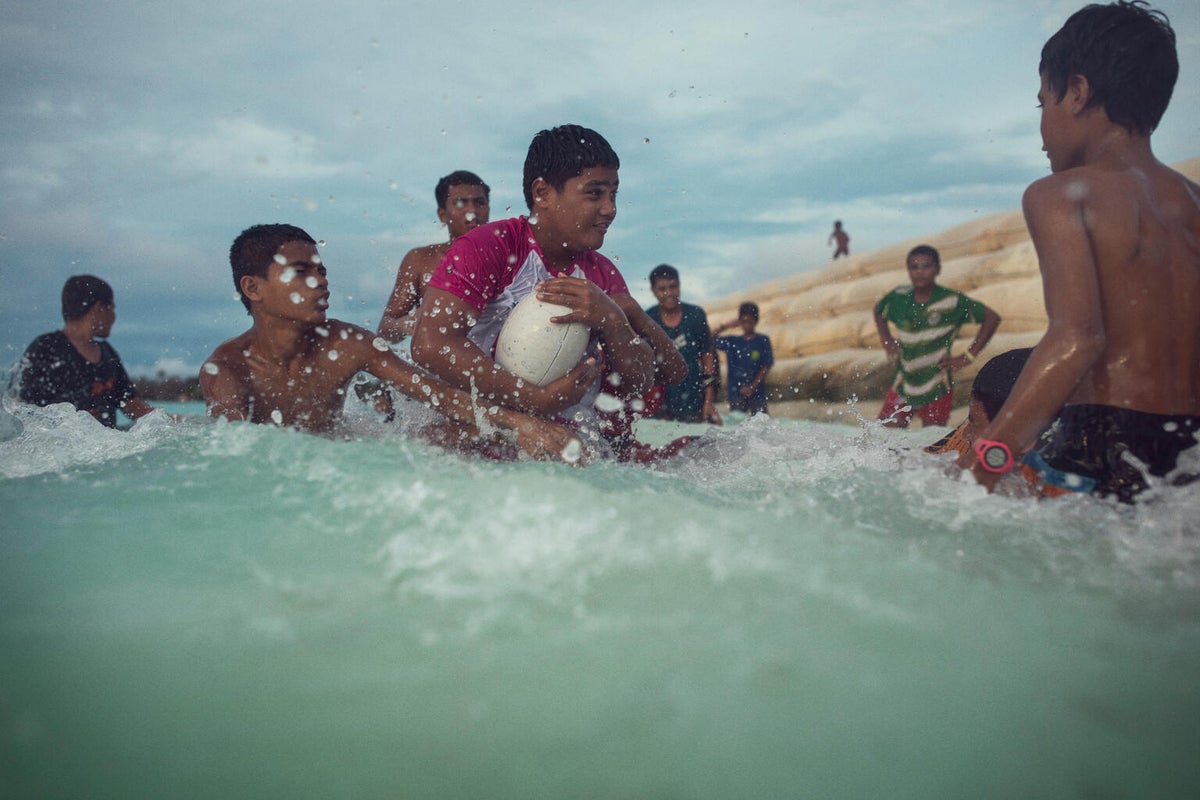
As well as serving as a playground for the country's children, the land is also used by locals for fishing. Right now, there are still plenty of fish to catch, but the fishermen say there have been fewer of them, and they are smaller than they used to be. Increasing water temperatures are also killing the coral, which in turn release toxins that poison the fish, making those who eat them very sick.
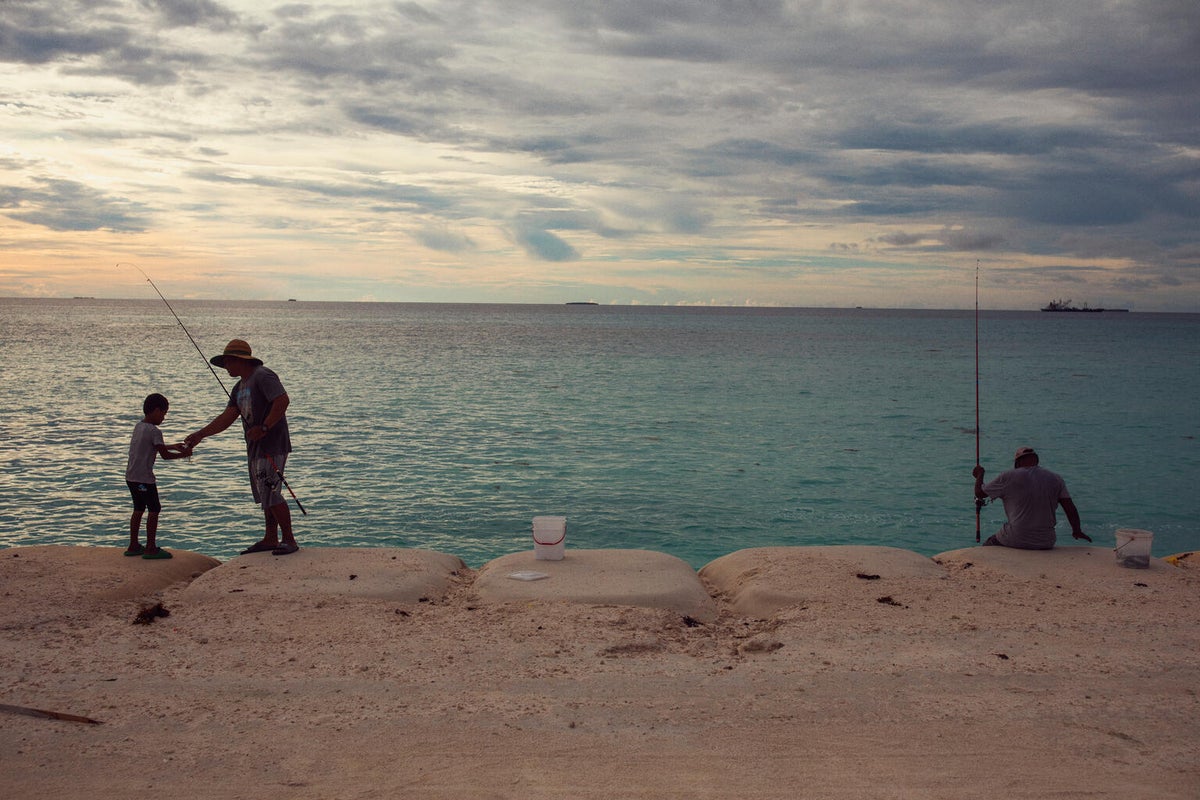
But the sandbags are fighting an uphill battle against the force of the ocean. At best, they can hold up for 100 years, but at worst they won’t last longer than 50 years. Tuvalu is fighting a battle against time.
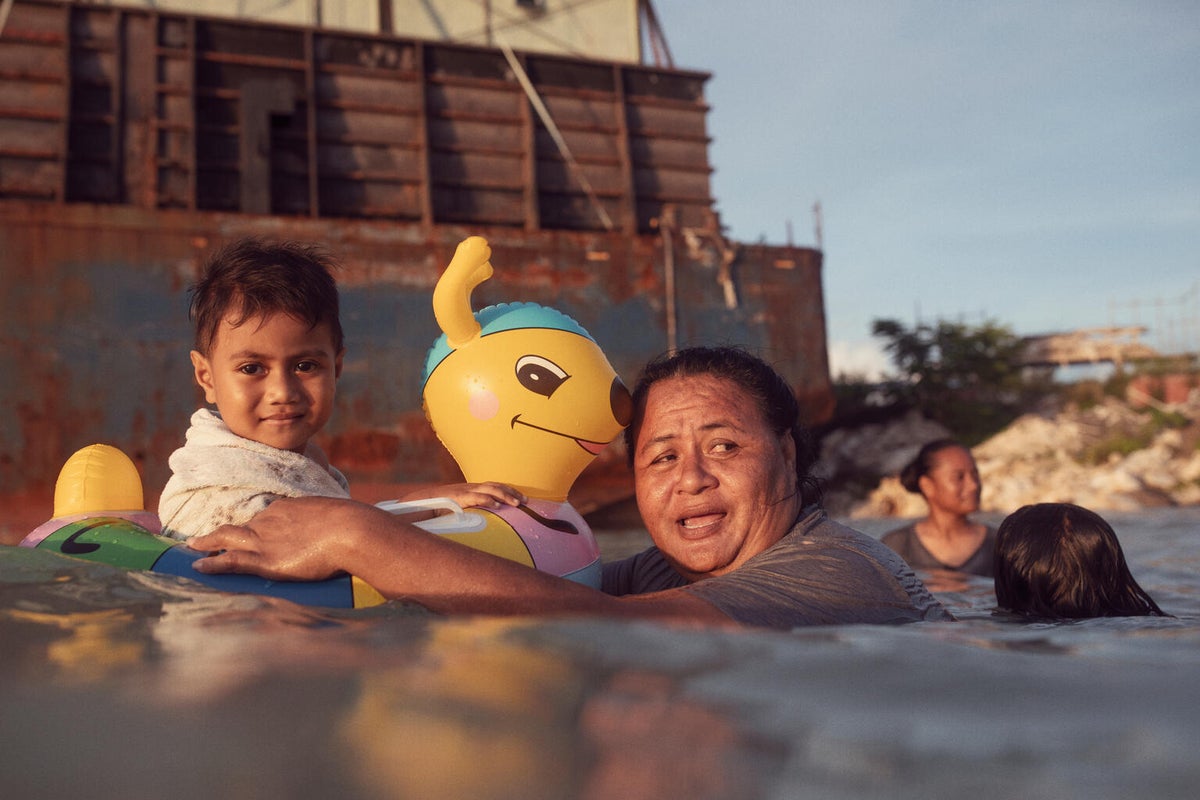
Rugby on the runway
Internet access in Tuvalu is poor and the mobile data network is slow, so many young people spend a lot of their free time together outside. The Reclaimed Land is one popular spot the children like to gather; another place is the runway on the island’s only international airport.
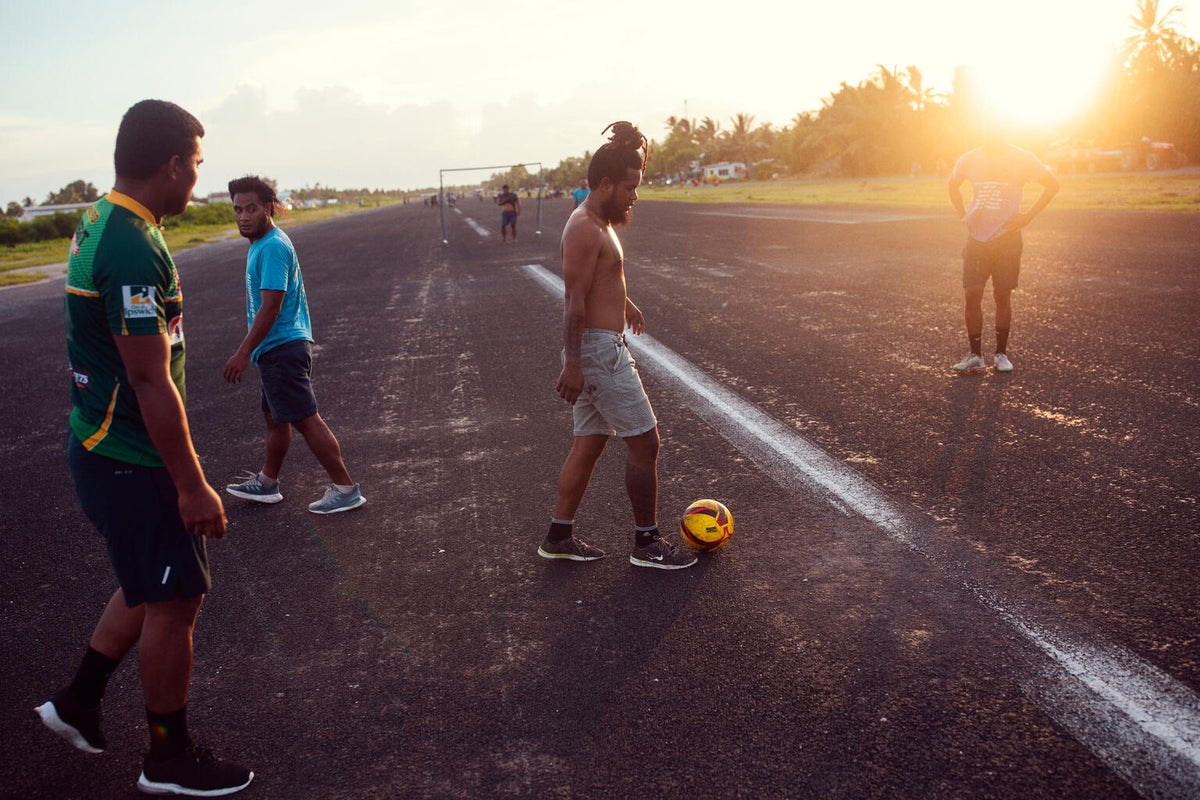
Only three flights pass through the airport each week, and when the planes take off, locals put up soccer goals on the runway, split into teams and start to play. A little further up the asphalt strip, they play rugby and volleyball. On the grass patches next to the asphalt, families sit with picnic baskets and bring their own dinner.
Every afternoon, the runway becomes a gathering point for the country's residents. In a country where land is scarce, all available land is utilised to the fullest.
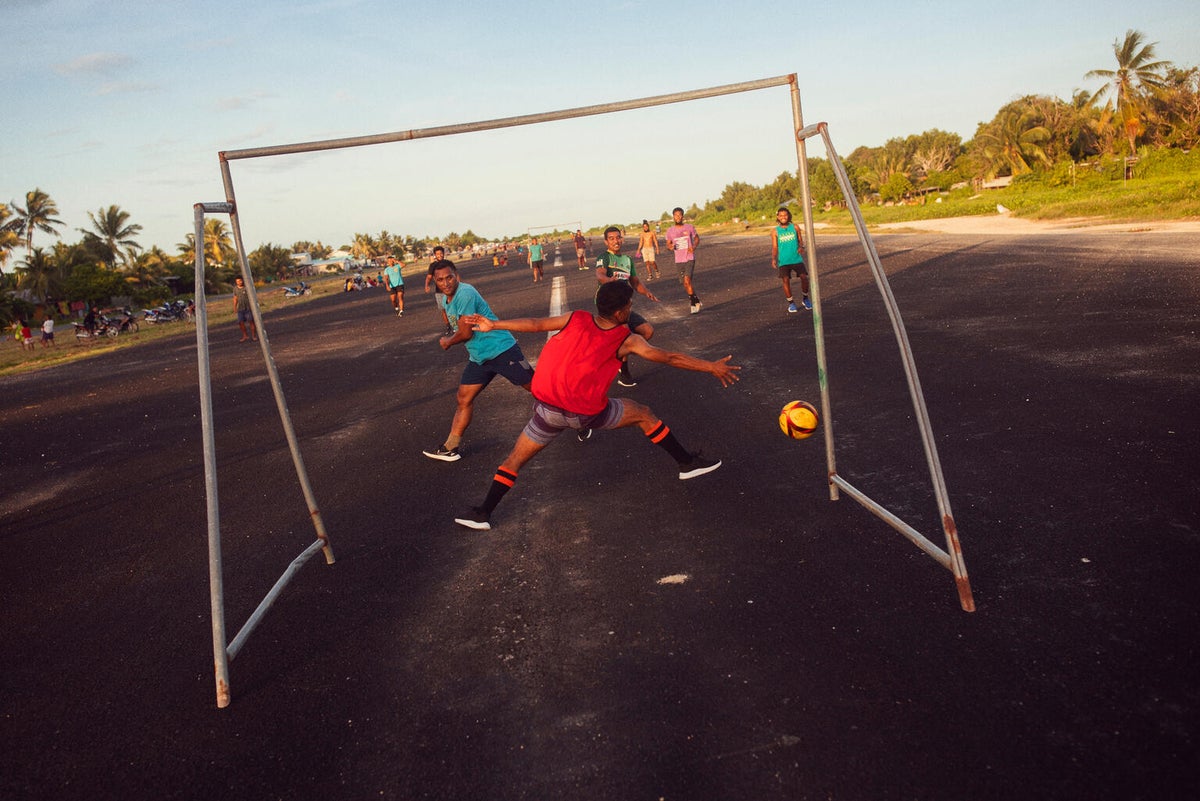
Tuvalu’s climate refugees
Together with her schoolmates, 14-year-old Alaina hangs out in the shade under a canopy in the schoolyard as the sun burns in a cloudless, humid sky. Three years ago, Alaina and her family decided to pack up and move to New Zealand, whose government has committed to receiving 75 Tuvaluans each year as the rising seas force them out of their island homes.
But last year, the family was on holiday in Tuvalu when Alaina chose to stay. Today she lives with her grandparents, and despite her parents' protests, she has no intention of returning to New Zealand.
"I love being in Tuvalu. The atmosphere here is very special. We have fun, and we are much more together here."
Alaina has no doubt that she wants to stay in Tuvalu. And many young Tuvaluans feel the same. For them, Tuvalu is their home. A home which they love and where they plan to spend the rest of their lives.
While Alaina and other young people have chosen to stay in Tuvalu, others have a future outside the archipelago. Alongside New Zealand, Australia has committed to receiving 280 Tuvaluans each year. At that rate, Tuvalu could already be depopulated in 31 years.
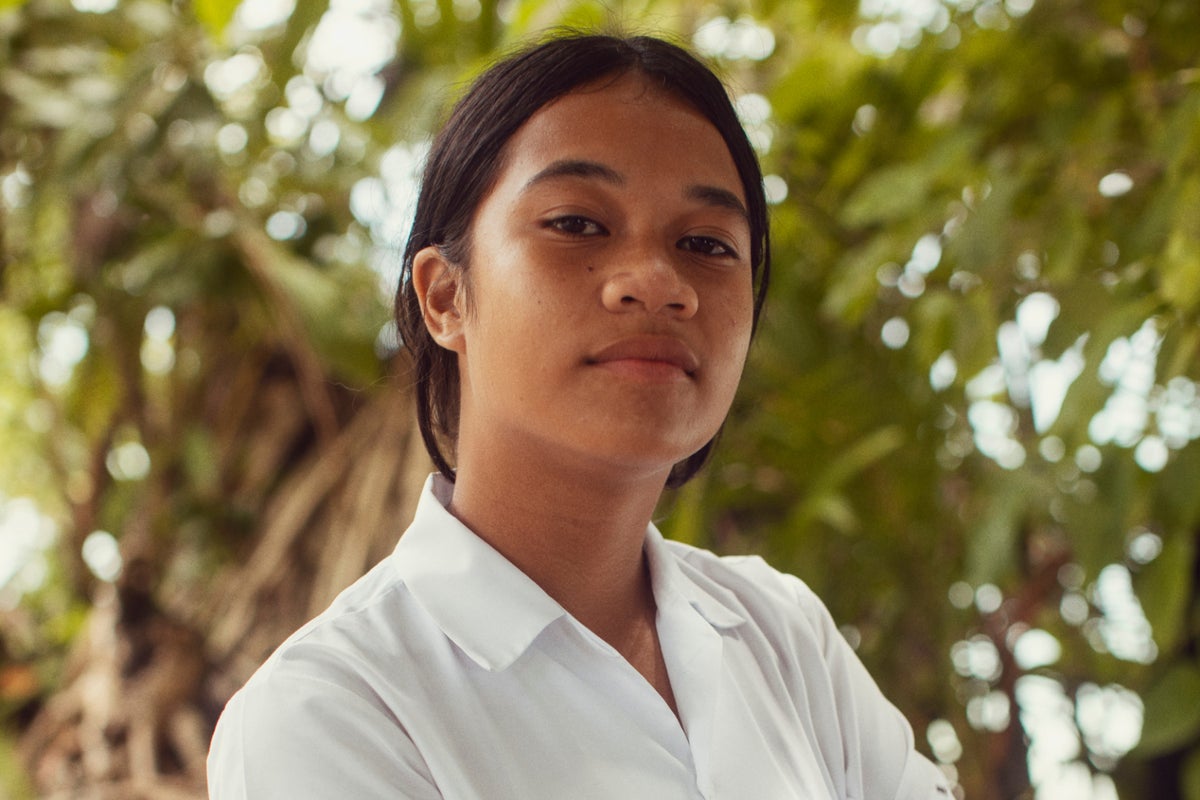
A plea for help
Tuvalu has been inhabited by people for up to 3,000 years, living their lives largely isolated from the outside world. Once a self-sufficient country, Tuvalu can no longer sustain itself. They need more help from beyond their shores.
One of those trying to raise awareness of Tuvalu’s plight is 24-year-old climate activist Grace Maile. Last year, Grace participated in the COP28 climate conference in Dubai, where she and a group of young people from across Tuvalu, Kiribati, and the Marshall Islands, spoke of how climate change is threatening the futures of the three Pacific nations.
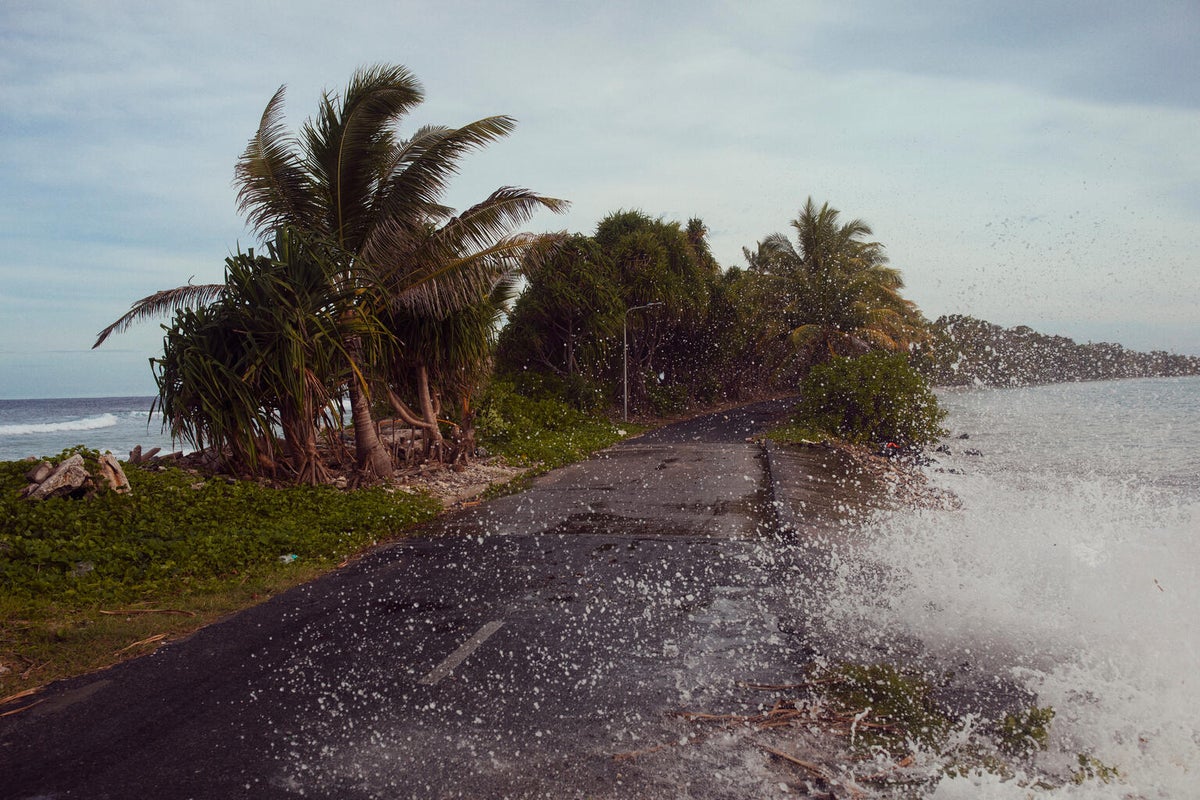
"Migration is a good plan, but it's a last resort,” Grace says. “We don't want to leave our country and go elsewhere. Our culture and identity are tied to this land. And everything is interconnected here - the land, the water, the culture, and the people who live here. We have no intention of giving up and moving away. But we need the world's help to save Tuvalu."
"The sea keeps us alive, but at the same time, it slowly devours us. It devours our memories and our culture bit by bit. And that scares me."
Tuvalu needs help to ensure that it still exists in 100 years’ time. The coastline needs to be protected from further erosion and more land needs to be built. But it requires finances – something Tuvalu doesn't have a lot of. With its sparse population, Tuvalu has the smallest economy in the world. It isn’t nearly enough to protect the country from climate change.
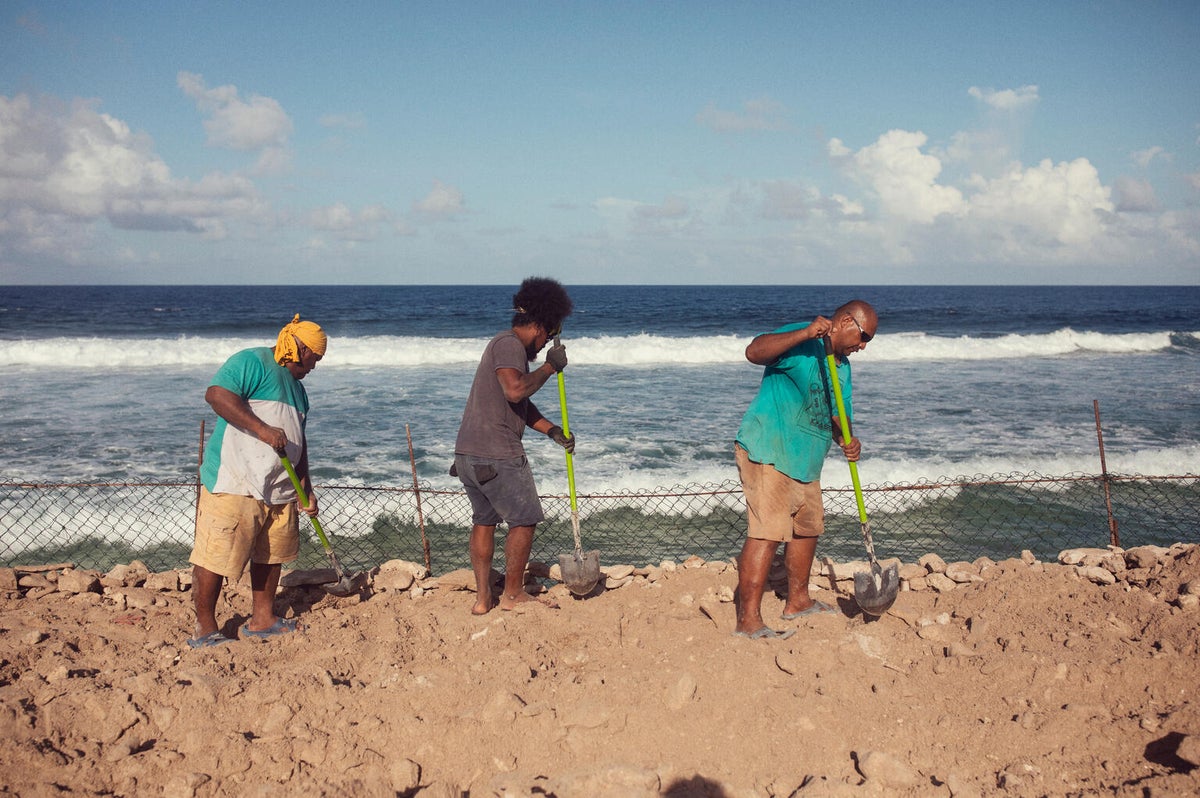
Every year, Tuvalu stands together with other Pacific nations at United Nations Climate Change Conference (COP). They are pushing for wealthier nations to recognise the impact their actions are having in the Pacific. They are requesting that the countries responsible for the largest emissions finance the protection of Tuvalu's future.
Last year, COP28 created a glimmer of hope for the country when the creation of a climate fund was adopted – a fund to help poorer countries with the losses and damages they suffer due to climate change. How this will impact Tuvalu's future remains to be seen.
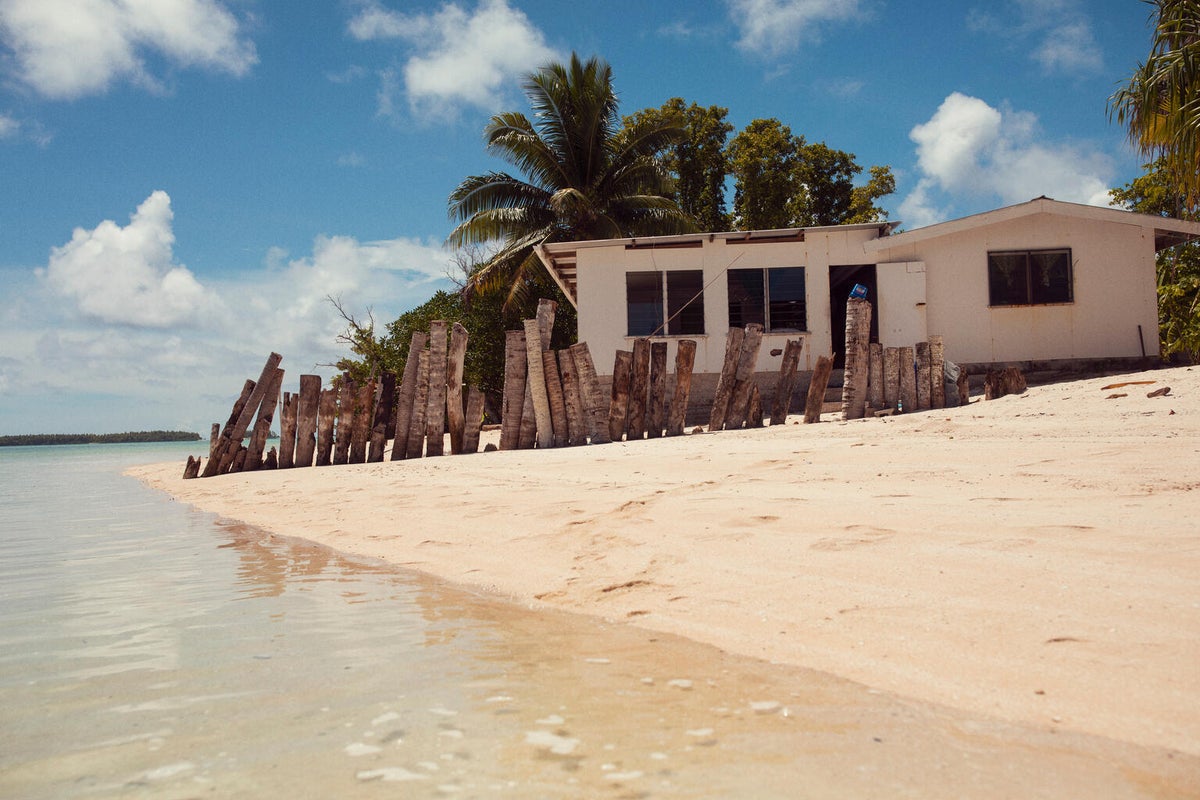
Climate change is changing childhood. Help us protect it.
With the help of our generous supporters, UNICEF remains committed to children and young people affected by climate change in places like Tuvalu. We’ll continue to help support and strengthen their access to clean water, sanitation, vaccines, and early education. Most importantly, we’ll continue to keep advocating for urgent climate action. Only by tackling the climate crisis can we ensure a more certain future for generations to come in places like Tuvalu.
For Liveti. For Alaina. For Grace. For every child, no matter what.
This article was based on an essay written by Danish photojournalist Lasse Bak Mejlvang, who travelled to Tuvalu with UNICEF in November 2023.
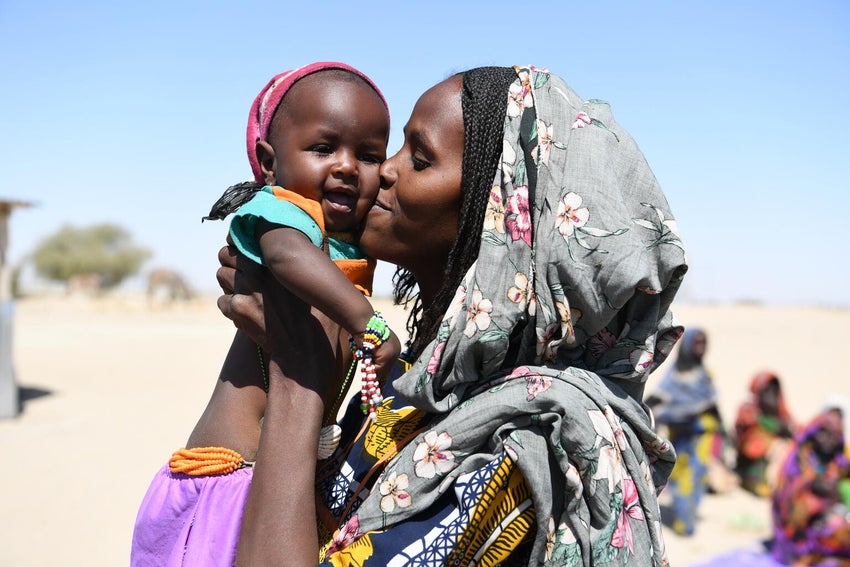
Go beyond the headlines: Stay informed. Stay connected
By staying connected, you’ll learn how UNICEF is protecting children in crises, creating long-lasting change, and advancing their rights around the world.
When you sign up, you’ll receive:
- Timely updates and clear explainers on emergencies and child rights issues
- Expert insights from those working on the ground in emergency and non-emergency settings
- Impact stories that show the difference your support makes
- Ways to take action and help change the lives of children and their families
Related articles
Stay up-to-date on UNICEF's work in Australia and around the world













